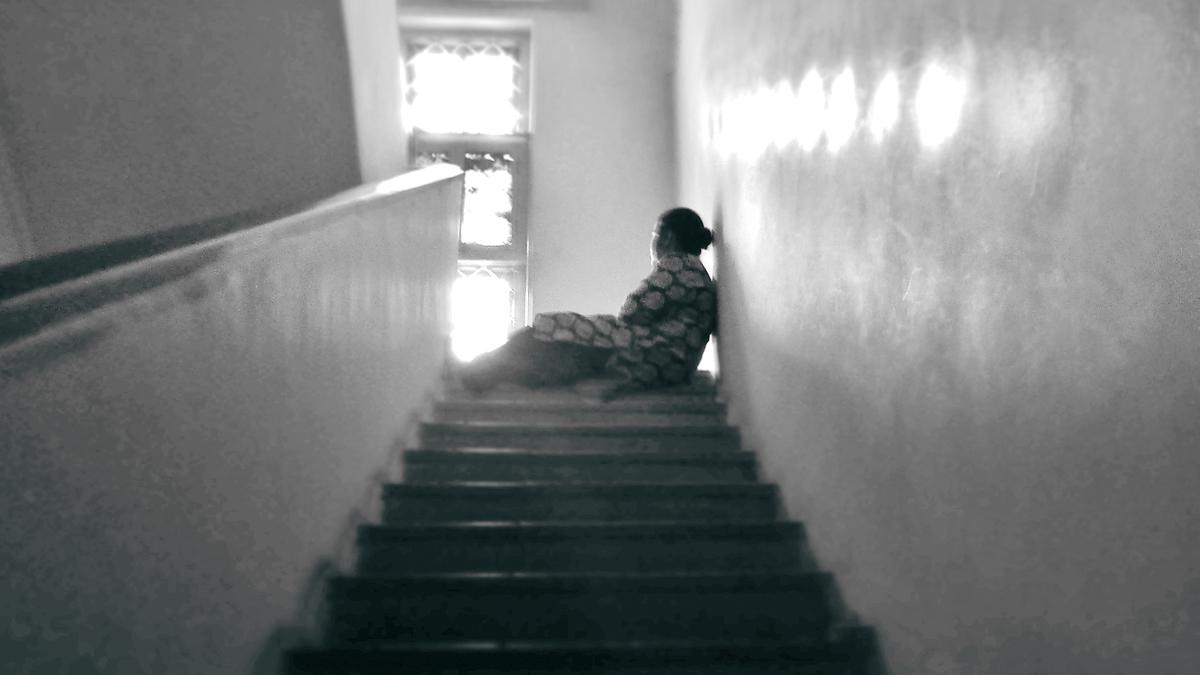
Menopause: why psychological therapy is now being recommended for hot flushes Premium
The Hindu
Menopause symptoms can be described in categories such as vasomotor, physical and psychological. All happen as a result of declining hormone levels – primarily oestrogen and progesterone.
There are at least 40 symptoms of the menopause and perimenopause. These symptoms can have a serious affect on a woman’s day-to-day life and wellbeing, which is why having access to timely and effective treatment is so important.
Menopause symptoms can be described in categories such as vasomotor, physical and psychological. All happen as a result of declining hormone levels – primarily oestrogen and progesterone.
Vasomotor describes hot flushes and night sweats. Physical includes brain fog (issues with memory and concentration), vaginal dryness, difficulty sleeping, dizziness, headaches, joint pains, numbness, itchy skin, bladder symptoms and urinary tract infections. And psychological refers to low mood and anxiety. Menopause can also increase the risk of developing weak bones (osteoporosis) and cardiac disease.
Given the serious impact these symptoms can have on a woman’s everyday life, many turn to hormone replacement therapy (HRT). HRT is considered the most effective way to manage symptoms and is recommended by the National Institute for Health and Care Excellence (Nice) as the first-line treatment for menopause. HRT replaces decreasing hormones.
But since 2015, Nice has also recognised the role that cognitive behavioural therapy (CBT) can play alongside HRT in managing the psychological symptoms of menopause – such as low mood and anxiety. This is because CBT is known to be effective for mild depression and anxiety disorders.
But recent Nice draft guidelines suggest women should be offered CBT instead of, or alongside, HRT to manage hot flushes, night sweats and sleep difficulties associated with the menopause.
One of the main reasons Nice has recommended this change is to offer women more choice in how to manage their symptoms. Not all women want to take HRT or are able to. This is because HRT has been linked to a small increased risk of breast cancer – although this depends on many factors, including age, the type of HRT and how long a person has been taking it.
